An international expert calls for addressing violence against women in sports and providing a safe and encouraging environment.. Some countries allow males who identify themselves as females to participate in women's sports

- Europe and Arabs
- Wednesday , 9 October 2024 7:45 AM GMT
New York: Europe and the Arabs
Reem Al-Salem, the Special Rapporteur on Violence against Women and Girls, called for the need to take firm measures to address all forms of violence against women in sports, and to provide protection and support to women who are "victims of sports violence." According to the United Nations Daily News Bulletin
Reem Al-Salem presented a report to the United Nations General Assembly on the violence faced by women and girls in sports. In an interview with United Nations News, Al-Salem stressed the need to enhance the role of the media in changing stereotypes and providing a positive and encouraging environment for women's participation in sports.
The independent UN rapporteur referred to multiple forms of violence, including physical, economic and digital violence and exclusion from participation. The UN rapporteur attributed the causes of violence against women in sports to several reasons, including gender stereotypes, the prevailing male culture, the lack of female representation in leadership positions, and impunity.
She proposed a number of solutions, including the need to provide a safe and violence-free environment, encourage women's participation in sports, address discrimination in investment and media coverage, and hold perpetrators of violence accountable.
The Special Rapporteurs are appointed by the Human Rights Council in Geneva, an intergovernmental body responsible for the promotion and protection of human rights around the world. This position is honorary, as these experts are not employees of the United Nations and do not receive a salary for their work. Their opinions do not necessarily reflect the positions and opinions of the United Nations Human Rights Office.
Regarding the most important points in this report, Reem Al-Salem said: In this report, I reviewed the forms of violence that women and girls face in sports and their causes, as well as the parties that commit this violence. I provide recommendations to improve prevention and response to violence against women and girls in sports.
As a rapporteur appointed by the Human Rights Council, I also address the international legal framework related to this topic, and I also review some good practices adopted by countries to promote equal and effective participation. I also talk about the reasons behind this violence against women and girls in sports.
There are structural and systemic reasons, for example, that society does not encourage women and girls to participate in sports, and there are harmful gender stereotypes and cultural norms that - as I said - do not encourage women or girls, and there is also the prevailing male culture in sports as in all forms of life. There is also underrepresentation in sports roles, for example, there are not many women in charge of sports clubs, or in ministries concerned with promoting sports, there is also a lack of equality in terms of investment in sports, meaning that there is a great focus - whether in terms of moral, political or economic support - on male sports.
There is also widespread impunity for anyone who violates the rights of women or girls in sports, there is a lack of accountability for acts of violence committed against girls and women. It feels as if the world of sports has its own rules and is dealt with independently. Why? Because the focus here is on winning and preserving the reputation of the team.
In recent years, we have seen that some countries allow males who identify as females to participate in women's sports - that is, to compete or race against girls or females. Of course, we know that biological makeup has its effect. There are many studies and documentation that males, being male, give them an advantage over females, which means that a fair chance for a female competitor is lost if a male is allowed to compete with her in the same category. Of course we should allow everyone to participate in sport because sport is important - whether you identify as male or female - but there must be fair treatment.
I offer some solutions to this issue, for example clubs can create categories open to everyone in sport regardless of gender - that is, everyone can participate whether they are male or female.
I encourage the reintroduction of the possibility of simple medical tests to distinguish between genders, so that we can know whether this competitor is male or female in order to determine fairness and opportunities for everyone, because it is not fair that there are females who have trained all their lives and want to win just like the male player who also wants to win and do his best.
The female player or competitor has the right to a full and fair opportunity. The problem is that biological makeup affects performance - whether we like it or not. We cannot ignore that. If we allow males to compete against women, this sends a message to females that they must always prefer the male desire, and that their dreams, abilities and potential come after them. Is this the society we want?


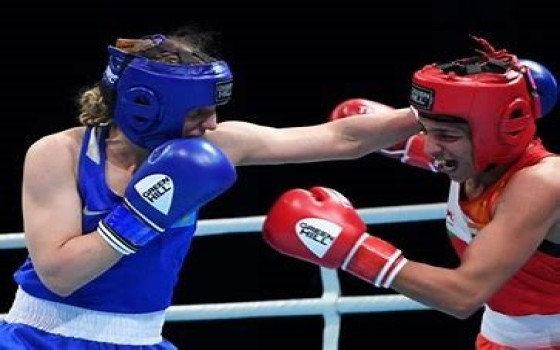
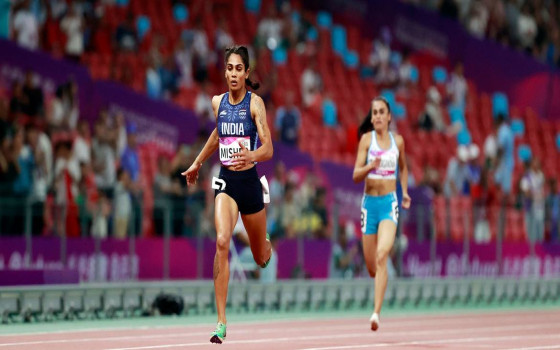
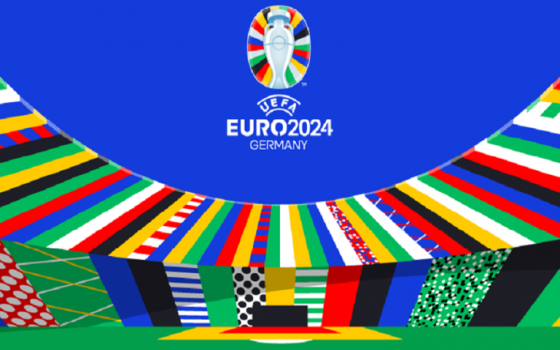


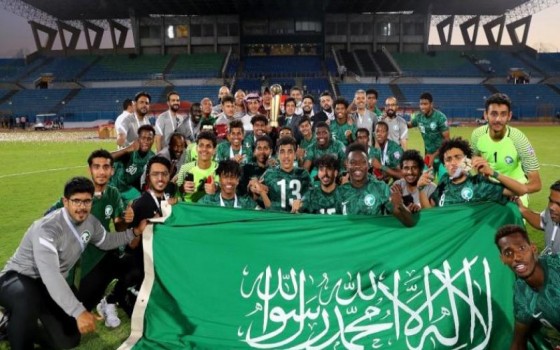
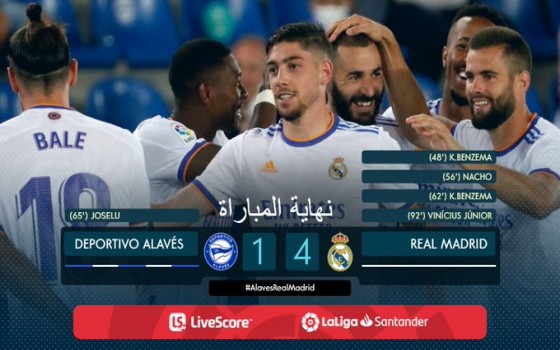

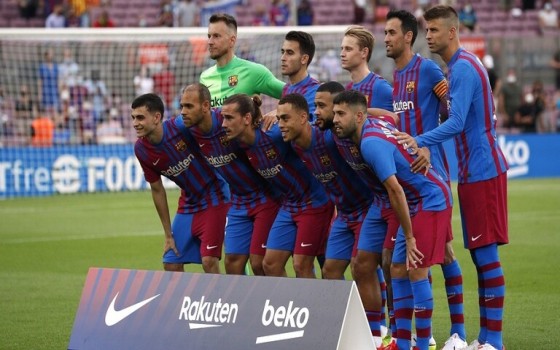
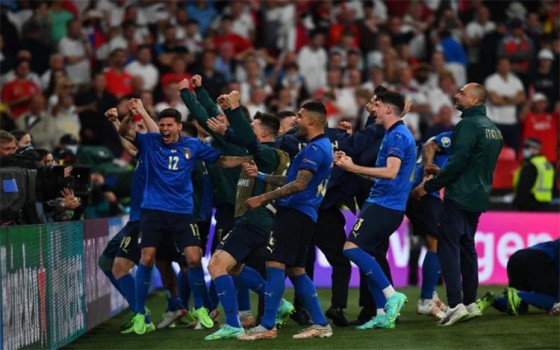


No Comments Found